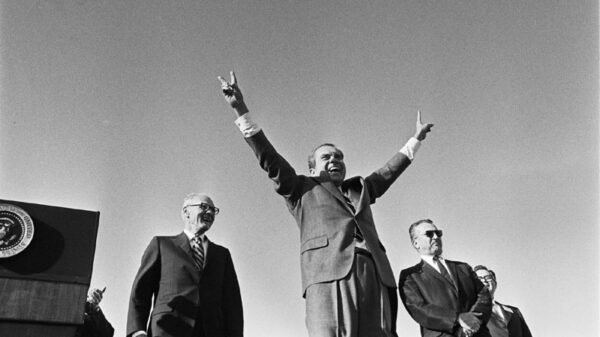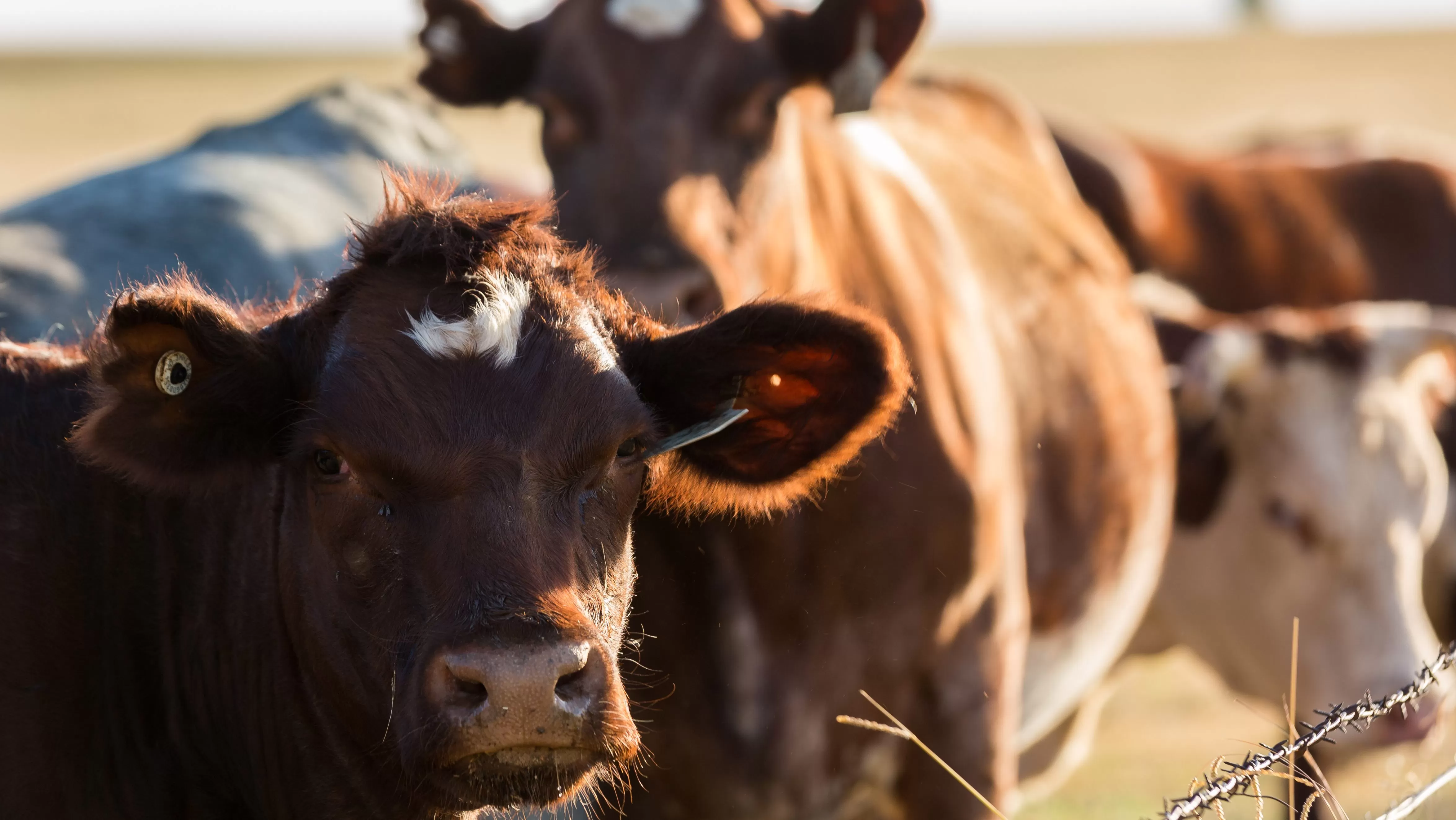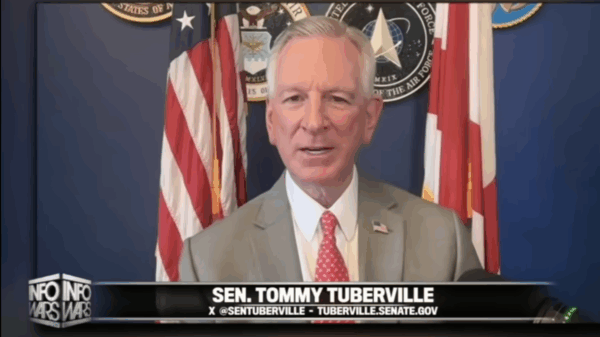Last week, President Trump announced a plan to dramatically increase low-tariff imports of Argentinian beef, seemingly defying his own “America First” agenda grounded in an economic theory of high tariffs on foreign goods and increased domestic production.
Trump’s plan would effectively quadruple Argentinian beef imports, increasing foreign competition for American cattle ranchers with the goal of lowering American beef prices, which have increased by 15 percent over the past year. Those price increases have come in part due to Trump’s own tariff policy in addition to environmental factors. Trump may also be particularly motivated to bring those prices back down after he made lowering the cost of groceries a key promise of his 2024 presidential campaign.
Trump’s announcement quickly drew criticism from cattle ranchers across the country—including Alabama—who viewed the move as a betrayal of their livelihood in exchange for lower prices.
Colin Woodall, CEO of the National Cattlemen’s Beef Association, immediately slammed Trump’s plan, stating that the organization “cannot stand behind the President while he undercuts the future of family farmers and ranchers by importing Argentinian beef in an attempt to influence prices.”
While Trump retorted on Truth Social that American cattle ranchers simply “don’t understand” how much he has helped their business through his tariff policy, criticism of the president’s plan has only continued to grow.
Alabama’s cattle ranchers are now echoing Woodall’s statement, lambasting Trump’s disregard for the negative impact the move would have on cattlemen in the state.
“In Alabama, we wholeheartedly agree with the position the National Cattlemen’s Beef Association has taken in this matter,” said Alabama Cattlemen’s Association President Keith Glover in a recent statement. “President Trump’s comments dishearten and discredit the hard work and investment of America’s beef farmers and ranchers who produce the safest and highest-quality beef product globally.”
“We cannot and will not back the President as he undercuts the men and women who represent the backbone of the nation’s beef industry and rural economy,” Glover added.
In a written statement provided to APR, a spokesperson for the Alabama Cattlemen’s Association added that the organization was particularly concerned with Trump’s decision to increase Argentinian beef imports because Argentina “is not known as a balanced trading partner.” They added that while “the amount to be imported is not that great,” the organization takes issue with Trump’s use of the federal government to “manipulate the market instead of allowing free market principles to work.”
Even Trump’s staunchest political allies have publicly criticized the plan.
“I have no idea who is telling our great president—our ‘America First’ president—that this is a good idea,” said U.S. Representative Marjorie Taylor Greene, R-Georgia, in a recent podcast appearance. “Because, honestly, it’s a punch in the gut to all of our American cattle ranchers, and they are furious and rightfully so.”
U.S. Representative Adrian Smith, a Republican representing the major cattle state of Nebraska, also expressed frustration with the Trump administration over the announcement.
“Policy and statements which unduly influence and undermine the domestic cattle market threaten our domestic food security and are not helpful,” Smith said in a statement last Wednesday.
Even Senate Majority Leader John Thune, R-South Dakota, has pushed for Trump to abandon the plan.
“This isn’t the way to do it,” Thune said of Trump’s efforts to lower beef prices. “It’s created a lot of uncertainty in that market. So I’m hoping that the White House has gotten the message.”
Interestingly, Trump’s beef import plan is not the only apparent violation of his “America First” ethos involving Argentina. Trump is also working to send $40 billion to the South American country and its far-right, “anarcho-capitalist” President Javier Milei to shore up an Argentinian economy that is suffering under extreme austerity measures. Meanwhile, the Trump administration continues to emphasize limiting “wasteful spending” back home, refusing to back down on major cuts to programs like Medicaid and SNAP amidst an ongoing government shutdown.
For now, it remains unclear whether Trump will ultimately follow through on his plan to increase Argentinian beef imports or if he will reconsider following the pressure from his fellow Republicans and cattle ranchers across the U.S.



















































